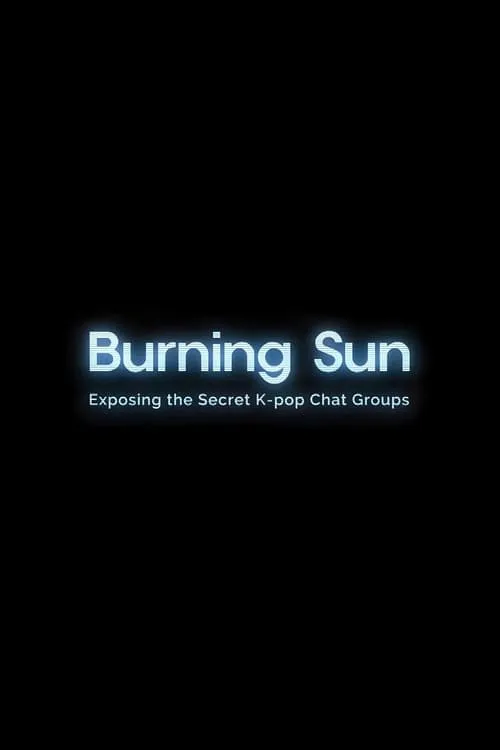Burning Sun: Exposing the Secret K-pop Chat Groups

Intrigue
The Burning Sun, a notorious nightclub in Seoul's Gangnam district, seemed like a symbol of South Korea's wealth and excess, a place where the country's elite and aspiring celebrities rubbed shoulders with the beautiful people. But beneath the glamour and glitz, a darker reality was unfolding, one that involved shocking allegations of rape, assault, and the exploitation of young women. It was here that the lives of several K-pop idols became intertwined with a network of corrupt businessmen, celebrities, and powerful individuals who would stop at nothing to silence their victims. At the center of the scandal were three prominent K-pop stars, whose identities were later revealed to be Seungri, a charismatic pop idol and leader of the group BIGBANG; Jung Joon-young, a singer-songwriter and entertainer; and Choi Jong-hoon, a member of the rock band F.T. Island. These men, all in their mid- to late-20s, were part of South Korea's K-pop phenomenon, a multibillion-dollar industry that churned out manufactured pop stars and sold them to a global market. The chat groups, which were later exposed by BBC investigation, were allegedly used by the three K-pop stars to share videos and images of themselves engaging in sex crimes, including rape and assault. The content was graphic and disturbing, and the evidence was mounting against these high-profile celebrities. As the story unfolded, it became clear that these men were not just perpetrators, but also enablers and accomplices in a sprawling network of corruption and abuse that involved some of the most powerful individuals in South Korea. The evidence against the three K-pop stars was damning. Seungri was accused of raping multiple women, and of using his fame and influence to silence his victims. Jung Joon-young was accused of recording and distributing non-consensual sex videos, which he then sold to other men in the chat group. Choi Jong-hoon was accused of facilitating the transportation of women to the Burning Sun club, where they were raped and assaulted by the club's owners and staff. As the allegations mounted, the K-pop industry was thrown into chaos. Fans around the world were stunned, and demanded answers from the management teams and record labels of the accused celebrities. The police launched an investigation, but their efforts were hampered by the fact that the chat groups were encrypted and existed on foreign servers, making it difficult to track down the perpetrators. Meanwhile, the victims began to speak out, sharing their stories of trauma and abuse with the press and the public. They described being lured to the Burning Sun club, where they were plied with drinks and then assaulted by multiple men. They described being blackmailed and threatened, and being forced into silence by the powerful individuals involved. The fallout was swift and devastating. Seungri was forced to disband BIGBANG, and the rest of the group issued a statement condemning his actions. Jung Joon-young was dropped by his record label, and Choi Jong-hoon quit F.T. Island. The Burning Sun club was shut down, and its owners and staff arrested. In the aftermath of the scandal, South Korea was forced to confront its darker underbelly. The country's obsession with K-pop, particularly, was revealed to be a double-edged sword. While it had brought unparalleled success and recognition to the country, it had also enabled a culture of corruption and abuse that went unchecked for years. The consequences for those involved were severe. The three K-pop stars were sentenced to prison, with Seungri and Jung Joon-young given the maximum sentence of five years. Choi Jong-hoon was sentenced to three years. The police launched an investigation into the widespread corruption, and several high-profile businessmen and celebrities were arrested and charged. The scandal also had a profound impact on the K-pop industry. Fans began to question the authenticity of the industry, and the values that underpinned it. Many artists began to speak out, condemning the actions of the three K-pop stars and calling for greater accountability and transparency in the industry. As for the victims, they were finally able to find justice and closure. The scandal had exposed the darkest secrets of the K-pop industry, and had brought a sense of accountability and transparency to the country. But for many, the pain and trauma of the experience would take years to heal. The Burning Sun scandal was a wake-up call for South Korea, a reminder that the price of success and fame is often paid in pain and suffering. It was a sobering reminder that corruption and abuse can happen anywhere, even in the most unlikely of places, and that the victims of such crimes deserve to be heard and believed.
Critiques
Recommandations




